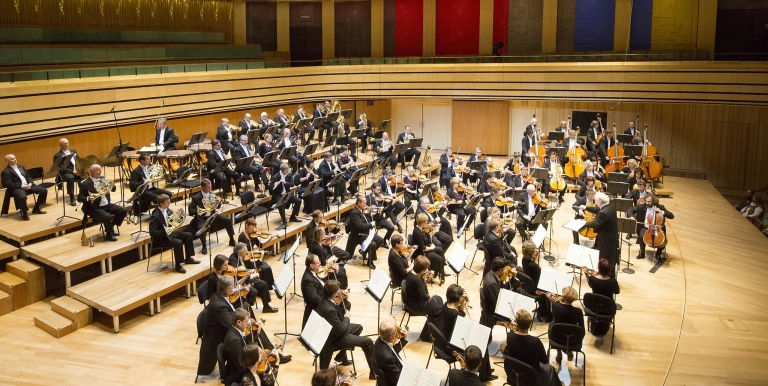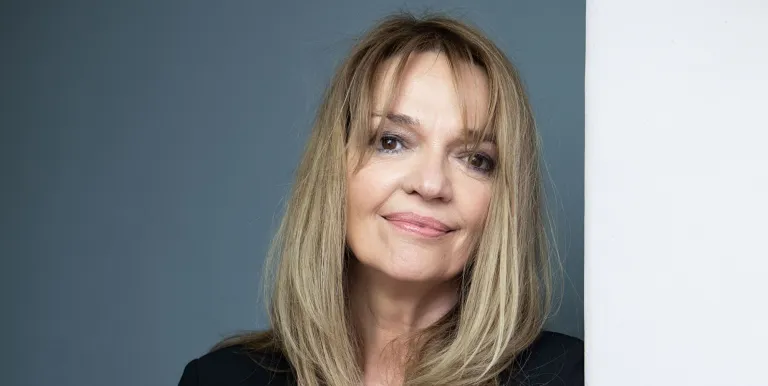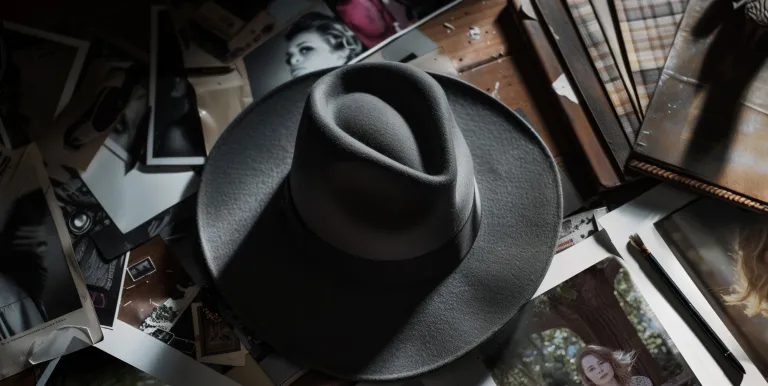Conductor:
Featuring:
Scriabin
The Poem of Ecstasy
Liszt
Totentanz
Liszt
Prometheus
We would like, even during this extraordinary situation, for the Müpa Budapest audience to still be able to encounter the world's most outstanding and thrilling artists each evening - this time in their own homes. It is precisely for this reason that we have decided to unlock our media library for everyone over the weeks to come and - each night at the familiar times - open Müpa Budapest's virtual concert hall and auditoriums by providing access to a single unforgettable performance from past years.
The performance will be broadcasted on our website, Facebook-page and YouTube channel.
It goes without saying that Franz Liszt merits an eminent spot among the most influential composers of the 19th century. He re-imagined the concerto as a genre, for example in his Totentanz, and dreamed up the idea of the symphonic poem, which later served as a reference for composers of radically diverging styles and outlooks, such as Tchaikovsky, Richard Strauss, Smetana, Rachmaninoff, and even the young Bartók. One of the most unique, exciting and mysterious offshoots of Liszt's thinking, however, belongs to Scriabin.
One could even toy with the idea that, had the brilliance of Scriabin's works been recognised, the symphonic poem might have become the starting point for 20th century modernism. Scriabin imagined the experience to be a mysterious totality connecting music, words and visuals together and creating an artistic language that addresses all of the sensory organs at once to induce a state of ecstasy. As he himself expressed it, "In thought-form, ecstasy is the highest synthesis - in the guise of feeling, ecstasy is the highest bliss.”
This recording was made at a concert held at Müpa Budapest on 28 September 2017.
Presented by: Müpa Budapest










